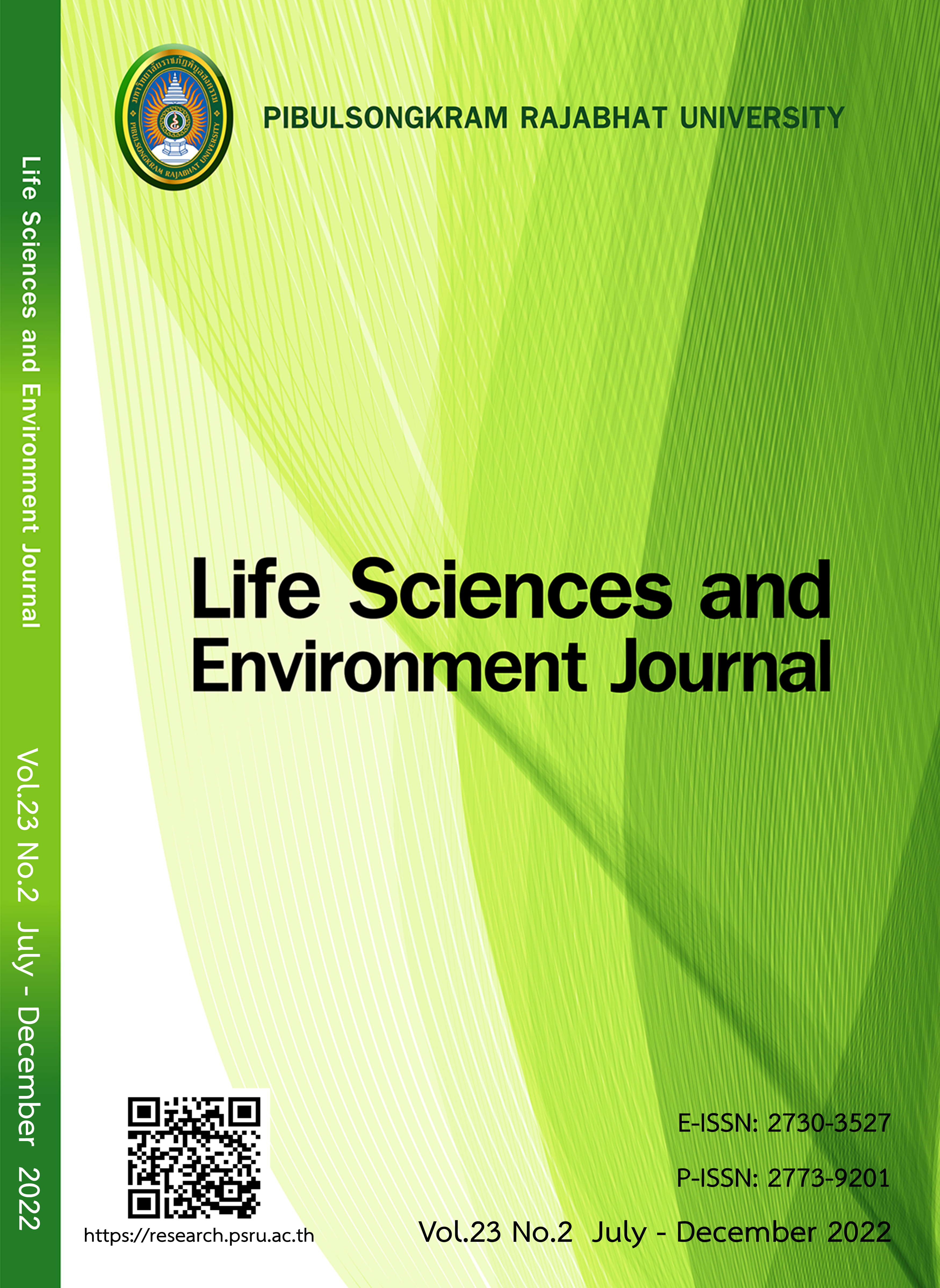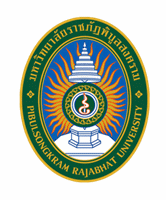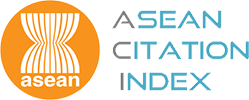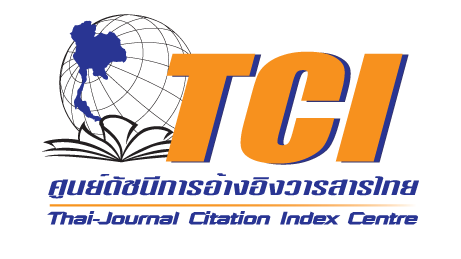COUNSELOR EMPATHY AND COUNSELOR PERFORMANCE: THE MEDIATION ROLE OF COUNSELING SELF-EFFICACY AMONG CHINESE COUNSELORS
DOI:
https://doi.org/10.14456/lsej.2022.38Keywords:
Structural equation modeling, Counseling skill, Constructvalidity, Chinese counselorAbstract
This structural equation modeling (SEM) study aimed to investigate the relationship between counselor empathy and counselor performance, and inquire the mediating effect of counseling self-efficacy. Two sequential quantitative studies were employed to achieve the aim. Chinese counselors were recruited from several universities in Guangzhou city by using convenience and snowball sampling techniques. Data were collected using the online questionnaire approach. In study 1, a self-assessing counseling performance tool, the Counselor Evaluation Rating Scale (CERS), was translated into Chinese by following a series translation procedure. The reliability and validity were evaluated in two different groups of samples. Specifically, an exploratory factor analysis (EFA) was conducted on 217 Chinese counselors (28.11%men). A confirmatory factor analysis (CFA) was then conducted on another sample of 244 Chinese counselors (27.46% men) to evaluate construct validity. Study 2 investigated the structural relationship and mediation effect among Chinese counsellors (n = 244) using SEM approach. The results are: 1. The 20-item Chinese CERS exhibited excellent internal consistency (α= .90) and adequate three-first-order construct validity among Chinese counselors (χ2/df = 1.63; p < .001; CFI = .90; TLI = .92; RMSEA = .05). 2. The model evaluation and comparison results supported all the hypotheses in the current study. The findings revealed a positive and significant relationship between counselor empathy and counselor performance. Counselor self-efficacy has been implicated in this study as a crucial mediator between counselor empathy and performance.
References
Bardhoshi G, Um B. The effects of job demands and resources on school counselor burnout: Self efficacy as a mediator. Journal of Counseling & Development 2021;99(3):289-301.
Baron RM, Kenny DA. The moderator–mediator variable distinction in social psychological research: Conceptual, strategic, and statistical considerations. Journal of personality and social psychology 1986:51(6):1173.
Bastomi, H. Student empathy attitude in supporting competence as a prospective counselor. Islamic Counseling: Jurnal Bimbingan dan Konseling Islam 2021;5(2):189-204.
Brislin RW. Comparative research methodology: Cross-cultural studies. International Journal of Psychology 1976;11(3):215-229.
Cede ÇŞ, Gözen A. The Relationship between mindfulness and self-efficacy. International Journal of Commerce and Finance 2021;7(2):184-205.
Chang RF. An investigation of the relationships among personality, religion, self-efficacy and counseling performance for high school counselors doctoral thesis, National Hualien University of Education; 2006.
Chin RWA, Chua YY, Chu MN, Mahadi NF, Wong MS, Yusoff MS. Et al. Investigating validity evidence of the Malay translation of the Copenhagen Burnout Inventory. Journal of Taibah University Medical Sciences 2018;13(1):1-9.
DePue MK, Lambie GW. Impact of a university-based practicum experience on counseling students’ levels of empathy and assessed counseling competencies. Counseling Outcome Research and Evaluation 2014;5(2):89-101.
Duan C, Falender C, Goodyear R, Qian M, Jia X, Jiang G. Telesupervisio-of-supervision across national boundaries: United States and china. Journal of clinical psychology 2019;75(2):302-312.
Elliott R, Bohart AC, Watson JC, Greenberg LS. Empathy. Psychotherapy 2011;48(1):43.
Gana K, Broc G. Structural equation modeling with lavaan. John Wiley & Sons; 2019.
Greason PB, Cashwell CS. Counselor preparation mindfulness and counseling self-efficacy: The mediating role of attention and empathy. Counselor Education and Supervision 2009;49(1):2-19.
Indreswari H, Utami NW, Prihatiningsih R, Apriani R. Integration of medical physical principles with empathy as scientific strengthening and counseling action. Bisma The Journal of Counseling 2021;5(1):49-55.
Khattar T, Gawali G. The role of empathy in building counselling self-efficacy for counsellors-in-training. Journal of the Psychology Research 2014;58(1):40-46.
Kline RB. Principles and practice of structural equation modeling. Guilford publications; 2015.
Liang Y, Shen Q, Hu Y. Research on the path of local colleges and universities participating in the construction of community mental health service system under the background of healthy china. In 3rd International Conference on Mental Health, Education and Human Development (MHEHD 2022). Atlantis Press.; 2022: 66-70.
Mahon BR, Altmann HA. Skill training: cautions and recommendations. Counselor Education & Supervision 2011;17(1):42-50.
Mujiyati M, Uman S, Ahman A, Nurhudaya N, Sofwan A. Effect of knowledge and skills of counselors on the level of self-efficacy in evaluating guidance and counseling programs. International Journal of Scientific & Technology Research 2020;9(3):3958-3961.
Myrick RD, Kelly JrFD. A scale for evaluating practicum students in counseling and supervision. Counselor Education and Supervision 1971;10(4):330-336.
Ng CTC, James S. Counselor empathy or “Having a heart to help”? An ethnographic investigation of Chinese clients' experience of counseling. The Humanistic Psychologist 2013;41(4):333-349.
Schermelleh-Engel K, Moosbrugger H, Müller H. Evaluating the fit of structural equation models: Tests of significance and descriptive goodness-of-fit measures [Internet]. Mpr-online.de. 2003. Available at: http://www.mpr-online.de. Accessed September 5, 2022.
Si-Rong P. The influence of preference for interpersonal attachment and need for cognitive closure on empathy among counseling students [Master’s thesis], National Chiayi University; 2010.
Trenhaile JD. Solution-focused supervision: Returning the focus to client goals. Journal of Family Psychotherapy 2005;16(1-2):223-228.
Wan MWJ, Mohamed O, Bakar AR, Tarmizi RA. Counseling self-efficacy among trainee counselor in malaysia. Procedia - Social and Behavioral Sciences 2011;30(30):676-679.
Yue JL, Li N, Que JY, Hu SF, Xiong NN, Deng JH. et al. Workforce situation of the Chinese mental health care system: results from a cross-sectional study. Ethics 2022;111(1):213.
Zhang L. Cultivating the therapeutic self in China. Med. Anthropol 2018;37:45-58.
Downloads
Published
How to Cite
Issue
Section
License
Copyright (c) 2022 Life Sciences and Environment Journal

This work is licensed under a Creative Commons Attribution-NonCommercial-NoDerivatives 4.0 International License.
Each article is copyrighted © by its author(s) and is published under license from the author(s).










